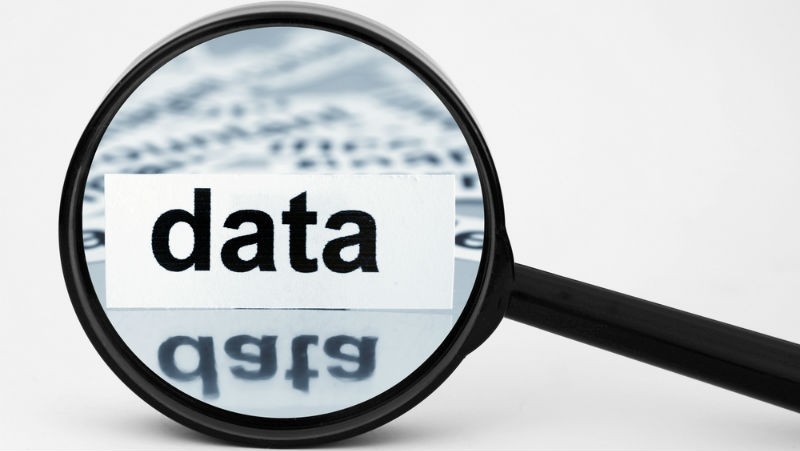The ramifications of GDPR
Why now is the time for businesses to build clean data foundations with their customers

It’s been hard to avoid, the implementation of the General Data Protection Regulation (GDPR) has caused a stir amongst businesses. And nearly a year on, it remains in the front of our minds.
The EU wide legislation has been seen as one of the most rigorous and ambitious data protection laws in the world, and many countries are now trying to follow suit. It has already expanded to the USA (in California), India and Brazil, and other countries are expected to follow suit in the coming months. But, it shouldn’t be seen as an inconvenience for business, the regulations have the potential to transform how we engage with customers, and ultimately allow us to build trust.
Many companies have struggled to navigate the regulations, with it being very difficult to understand what was required to ensure compliance.
- What is GDPR
- Best endpoint security software
- What is data protection day
Over the past year, a report has shown that only 26 percent of UK businesses have successfully addressed data requests from individuals seeking to obtain a copy of their data within the one-month time limit required by GDPR. However, with Google’s record fine of £44 million following its breach of GDPR, ongoing coverage of the Cambridge Analytica scandal, and global Data Protection Day (January 28th) continuing to drive support for further data protection regulations, laws such as GDPR will become the norm.

Building clean data foundations
Customers won’t always understand why their data is being used, and constant bad practice, over targeting and intrusive advertising have made them wary of sharing the data that they now have control over.
Over time, this has given online advertising a bad reputation, and we have a long way to go to rebuild the trust with consumers that has eroded away over time. This is not going away, and the introduction of the ePrivacy directive alongside GDPR, as well as a number of other global regulations, is promising to complicate things further. However becoming compliant isn’t just about anticipating regulations and making a series of ‘one and done’ deals. It’s about building a long term relationship where customers understand the benefits of sharing their data because they get value in return.
By building clean data foundations, instilling good behaviours, and communicating effectively, it will stand businesses in strong stead for the future. It’s our responsibility as business leaders to ensure that we embrace the new regulations and ensure that businesses are future proofed, for the benefit of both the consumer and the organisations we work for.
Are you a pro? Subscribe to our newsletter
Sign up to the TechRadar Pro newsletter to get all the top news, opinion, features and guidance your business needs to succeed!
We went through a phase of focussing on ‘Big Data,’ the more, the better, and it is so easy to buy. There were endless promises around the value that this data would provide for businesses in the long term, but ultimately it is what has driven such a lack of transparency.
Just because I looked at buying a particular product six months ago, does not mean that I am still in the market for it now. In fact, it just makes it look like the business is completely disconnected from the customer's needs.
At one point, lots of journalists and business leaders were hailing data as the ‘new oil’, a valuable resource that is vital for growth. This could be the case if the data was used correctly, but, like oil, data is collected and stored and we’re still not clear on how to use it efficiently. Consumers are starting to understand that their data is valuable to brands, and as a result, it’s up to the marketer to explain the value exchange and show that the data that is being collected is being used responsibly and for the benefit of the consumer.
Letting go of personal data
Ultimately, marketers need to cut out holding unnecessary personal data. It also reduces the amount of data businesses have to sift through and gives them more usable audience segments instead. There is no need to hold endless databases of previous consumer purchases, and their wants and needs. It becomes irrelevant so quickly and lacks contextual relevance.
For example, businesses shouldn’t store data on what consumers purchased five years ago to understand what they are going to buy now. Instead, companies should store useful information such as products that are searched for and purchased during the work day as search patterns are likely to be different to those that are purchased outside these hours.
By gathering data that will help us understand current sentiment and mindset, and ensuring that businesses are using data in the moment, rather than months down the line, businesses can ensure that the communications they are sharing are relevant and are most likely to resonate with their customers.
Raman Sidhu, VP Business Development at Beemray
Raman Sidhu is the co founder and VP of Business Development at Beemray. He has over 6 years of working experiences and is passionate in his work.
